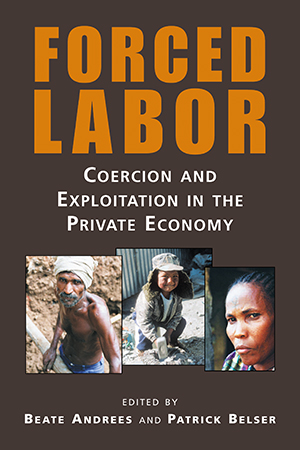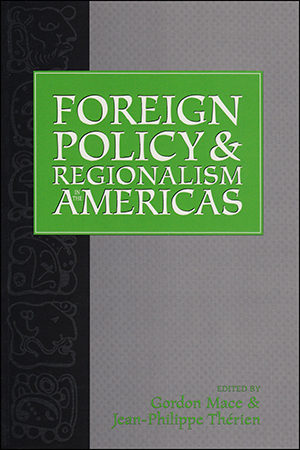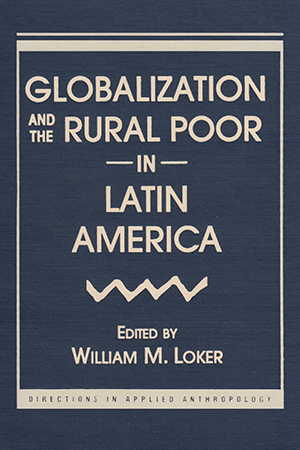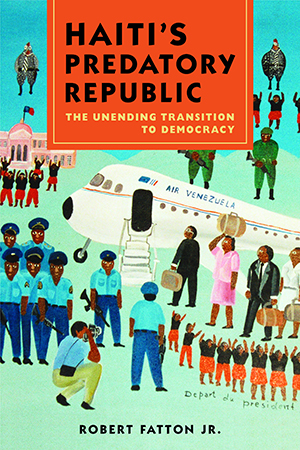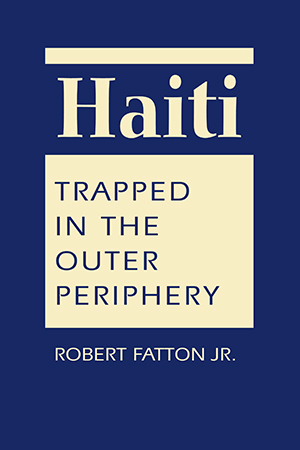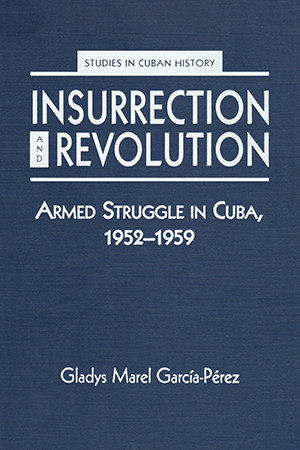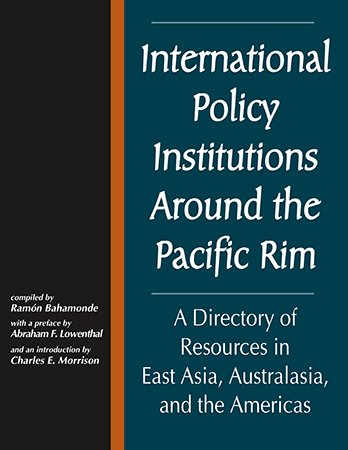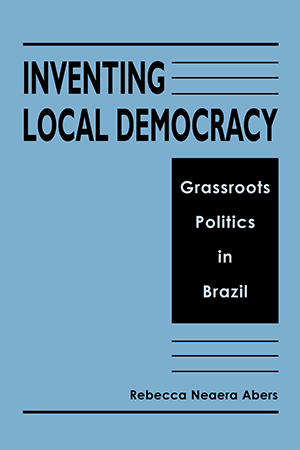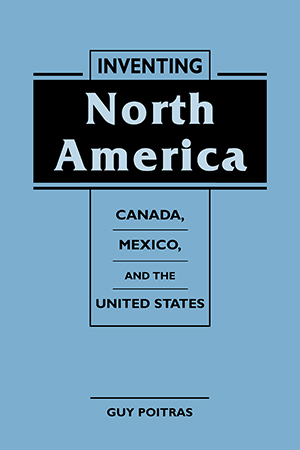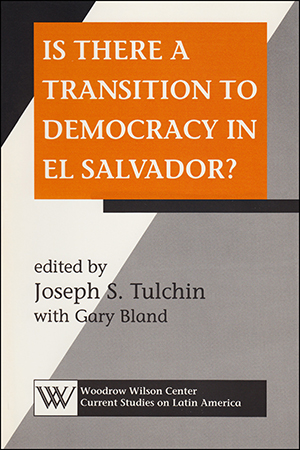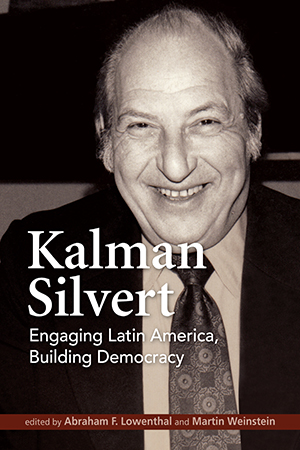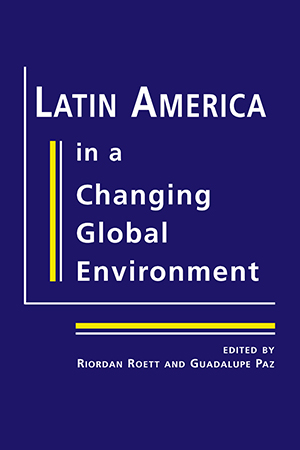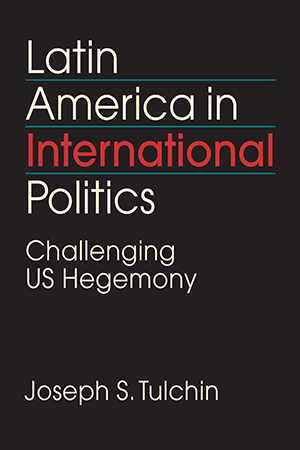Latin America and the Caribbean
Two centuries after the abolition of the transatlantic slave trade, at least 12.3 million people are subjected to modern forms of forced labor—in rich countries, as well as poor More >
This comparative analysis of foreign policy behavior in the Americas focuses on the emerging trend toward regionalism. Following a discussion of the phenomenon of regionalism in general, More >
With global sociopolitical and economic change contributing to an accelerating crisis in Latin America’s rural communities, rural residents are responding creatively with a range of More >
The collapse of the Duvalier dictatorship in 1986 gave rise to optimism among Haitians in all walks of life—to hopes for a democratic journey leading to economic development, political More >
The inability of the Haitian state to deal with the devastation of the January 2010 earthquake brought into sharp focus Haiti’s desperate social and economic conditions—and More >
Henry Louis Taylor provides insight into the legacy of Fidel Castro by examining everyday life and culture in Havana's neighborhoods during El Período Especial (the Special More >
Based on previously untapped primary sources, this book examines the social forces that were released and shaped by the Cuban revolutionary war and, not least, the actions of real men and More >
This major compendium identifies the approximately three hundred key institutional resources on international political and economic affairs available throughout the Pacific Basin—in More >
Countless studies of citizen participation in public decisionmaking point out the limitations of direct democracy when it is transported from the realm of political theory into the More >
In the face of potent domestic and global forces, the U.S., Canada, and Mexico—the NA-3—have devised an enterprise that promises to draw them closer together in the twenty-first More >
This timely book explores to what degree democracy has taken root in El Salvador, and to what extent the country can strengthen democratic, civilian-controlled government institutions. The More >
Kalman Silvert highlights the extraordinary career of an extraordinary man—one of the founding architects of Latin American studies in the United States, a major builder of the More >
This unusual analysis of the Falkland/Malvinas dispute relies almost entirely on British sources to refute British claims to the islands. Oliveri López draws on official government More >
Considering Latin America's emerging challenges and opportunities in the first decade of the twenty-first century, the authors examine key political, economic, and security concerns in More >
In recent years, the countries of Latin America have moved out from under the shadow of the United States to become active players in the international system. What changed? Why? And why did More >


